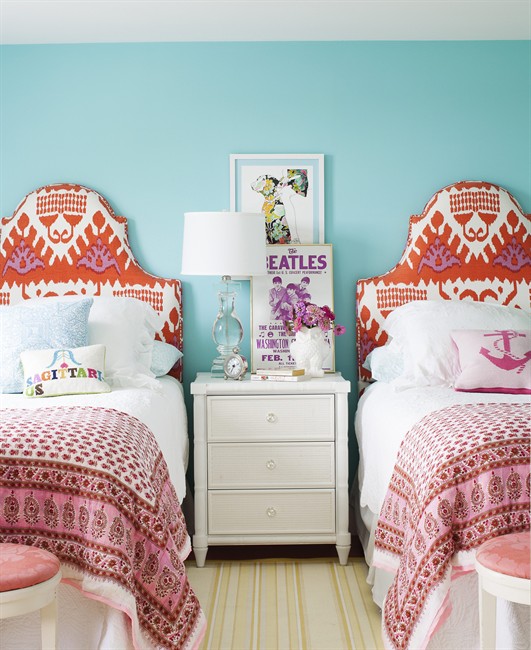Lawmakers are beginning to crack down on the crash-pad casual economy of Airbnb, starting with the city where the apartment-share business began: San Francisco.

Technically, any short-term rentals in that city are illegal. Board Supervisor David Chiu is looking to have hosts using sites like Airbnb register with the city, and would like the company to start paying the 14% hotel tax in San Francisco.
According to Chiu’s official Facebook page the legislation will “give residents limited flexibility to earn the additional income they need to help pay their rent and every day bills, while simultaneously protecting our limited supply of housing and ensuring that San Francisco receives the hotel taxes that it is due.”
Airbnb enables members to list and rent out living accommodations to users around the globe, providing extra pocket money for hosts and discount accommodations for travellers. On its website the company boasts over 11 million guests in 192 countries. But questions still remain about its legality, depending where you are.
In New York, Senator Liz Krueger helped write the law currently in place that bans the rental of New York City apartments for fewer than 30 days
Airbnb has been lobbying to get that law changed. In a statement released Monday (in response, partly, to a New York Post article alleging the service was being used to set up temporary brothels) the Senator said this is an issue she’ll continue fighting for. “When residential housing ceases to be residential — via on-line businesses, like Airbnb, turning residential apartments into illegal, unregulated hotel rooms — all kinds of undesirable and illegal activity can be brought into a residential building.”
- Canadian man dies during Texas Ironman event. His widow wants answers as to why
- ‘Shock and disbelief’ after Manitoba school trustee’s Indigenous comments
- Several baby products have been recalled by Health Canada. Here’s the list
- ‘Sciatica was gone’: hospital performs robot-assisted spinal surgery in Canadian first
The New York Attorney General’s office has subpoenaed the company for information on thousands of Airbnb users in New York City. The office is not so much concerned about casual users, but is looking to gather data about members that use the service to run illegal hotels. Airbnb is currently fighting back, looking to keep that user information private.
Closer to home, Quebec has also been cracking downon Airbnb. Last year government officials went undercover, booking fake reservations to catch offenders who abuse the system.
But Tourisme Quebec said they don’t have an issue with people using Airbnb, as long as hosts apply for proper permits.
“Any person who operates a tourist accommodation establishment and uses the Airbnb website to advertise their tourist accommodation are required to hold the classification certificate in conformity with the act respecting tourist accommodation establishments,” spokesperson Guy Simard told Global News.
Toronto has no law prohibiting renting property on a short term basis, but leases between tenant and landlord may state otherwise. For those looking to rent out their property, Airbnb warns on their website, “review your local laws before listing your space.”
But regular user from Toronto Chloe Stelmanis, 25 has only had a positive experience with the site.
“Airbnb is the best. I’ve booked places in both New York and Montreal.” But she does mention in order to have this sort of experience you need to do your homework. “Just make sure just book somewhere that has a few good reviews and you can’t really go wrong.”




Comments